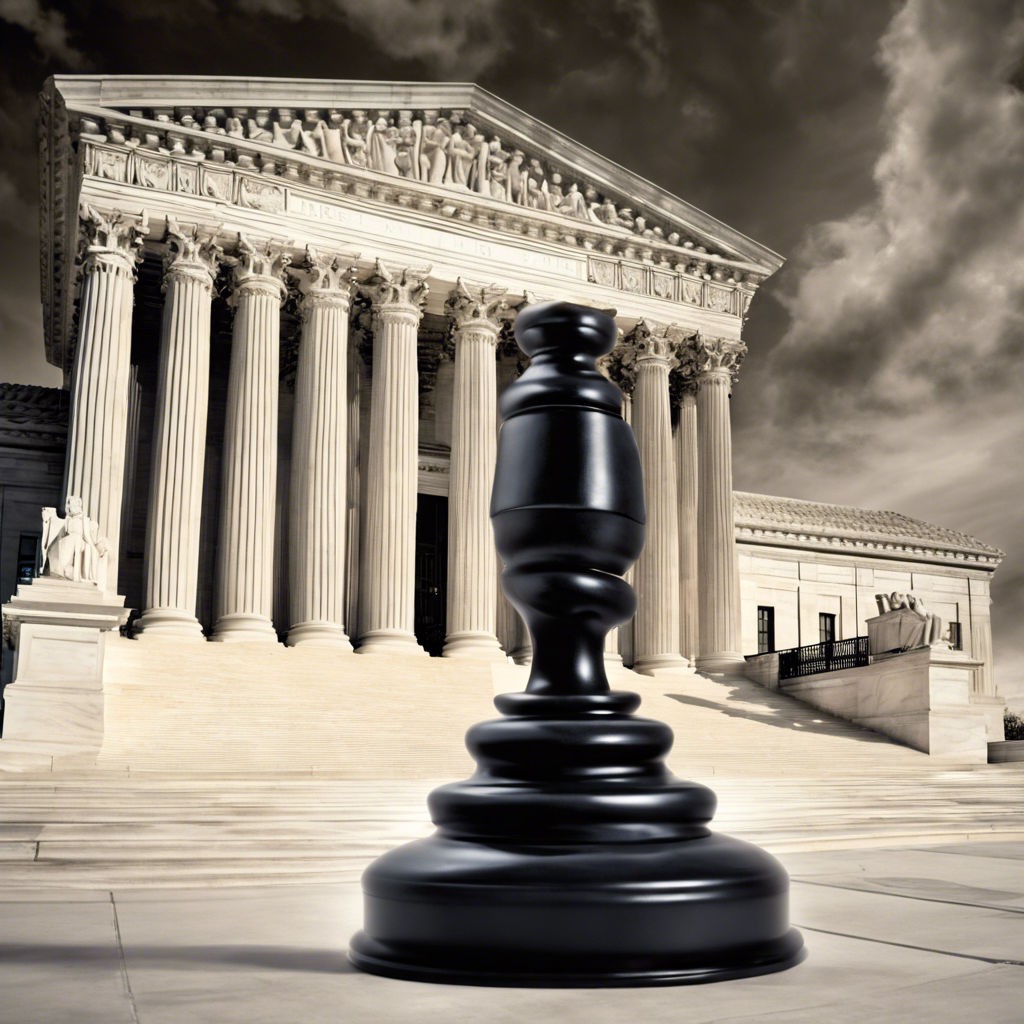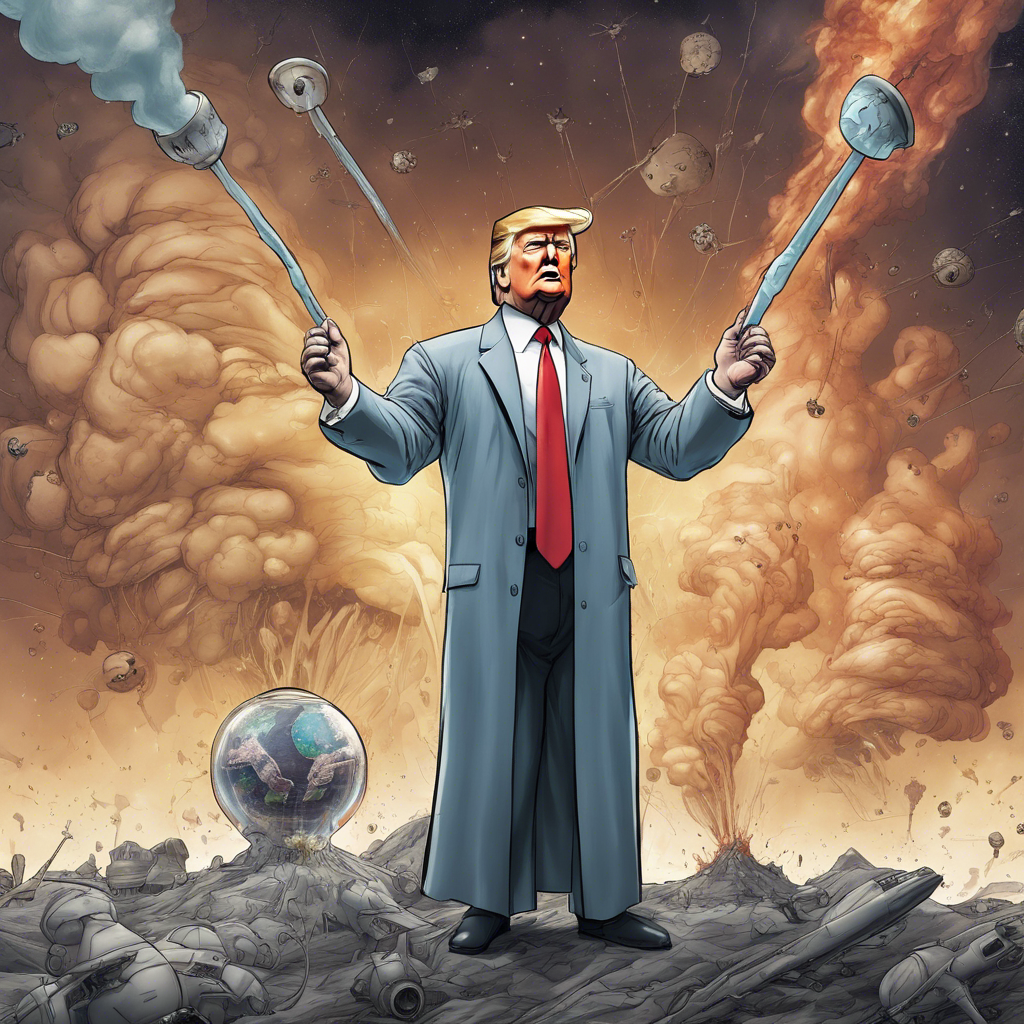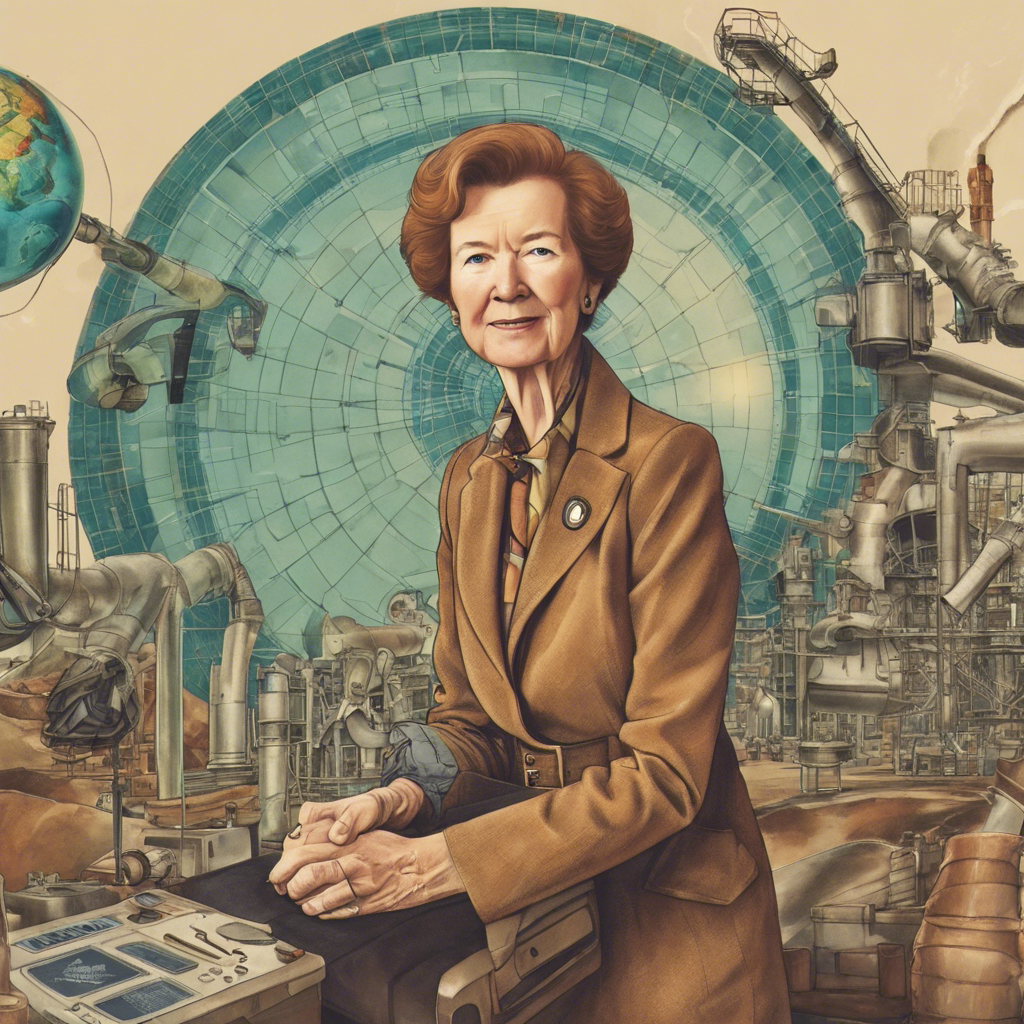Determinism and Free Will: A Debate on the Illusion of Choice

Neurobiologist Robert Sapolsky’s new book challenges the notion of free will, arguing that determinism is the underlying force behind our actions.
The concept of free will has long fascinated philosophers, scientists, and everyday individuals seeking to understand the nature of human agency. Are our choices truly our own, or are they predetermined by external factors beyond our control? In his latest book, “Determined: A Science of Life Without Free Will,” Stanford neurobiologist Robert Sapolsky delves into the scientific research that suggests free will is merely an illusion. This provocative argument has sparked a heated debate among scholars, challenging long-held beliefs about personal responsibility and moral culpability.
Is determinism incompatible with free will?
Sapolsky’s central thesis revolves around determinism, the idea that our actions are causally determined by various factors such as genetics, upbringing, and environment. According to this view, our choices are predetermined, much like a falling rock obeying the laws of gravity. This challenges the traditional notion of free will as the ability to choose between alternatives. However, proponents of determinism argue that lacking alternatives does not necessarily negate free will. Instead, they contend that what matters is how the decision is arrived at.
The debate between determinism and compatibilism
While Sapolsky’s argument may seem radical, it is worth noting that only 11% of philosophers agree with his position, while 60% believe that determinism and free will can coexist. These philosophers, known as compatibilists, argue that even if our behaviors are determined, we can still possess a certain type of freedom and moral responsibility. They emphasize that being constrained by determinism is not the same as being physically constrained. Failing to act due to external restraints is an excuse, whereas failing to act because of a lack of care or concern is cause for condemnation.
Incompatibilists’ defense and the need for engagement
Some readers sympathetic to Sapolsky’s argument may argue that lacking alternatives or being “determined” by external influences undermines free will. However, compatibilists contend that this assumption is flawed. They assert that as long as our actions originate from ourselves in a relevant way, we can still be considered to have free will. In other words, the source of the decision matters more than the presence of alternatives. Sapolsky must provide a stronger argument for why his definition of free will is the one relevant to moral responsibility.
Free will as a metaphysical and normative question
The debate surrounding free will is not solely a scientific one. While science plays a role, understanding the nature of free will requires delving into metaphysical and normative questions. Philosophers have been grappling with these issues for centuries, and interdisciplinary work between scientists and philosophers is valuable. However, it is crucial for scientists like Sapolsky to engage with existing arguments and engage in a nuanced discussion rather than cherry-picking definitions and attacking opposing viewpoints.
Conclusion:
The debate between determinism and free will continues to captivate scholars and thinkers alike. Sapolsky’s book has ignited a fiery discussion, challenging long-held beliefs about personal agency and moral responsibility. While his arguments are thought-provoking, they must be examined in conjunction with the rich history of philosophical discourse on free will. By engaging with existing arguments and considering multiple perspectives, we can gain a deeper understanding of the complex nature of human choice and responsibility.










